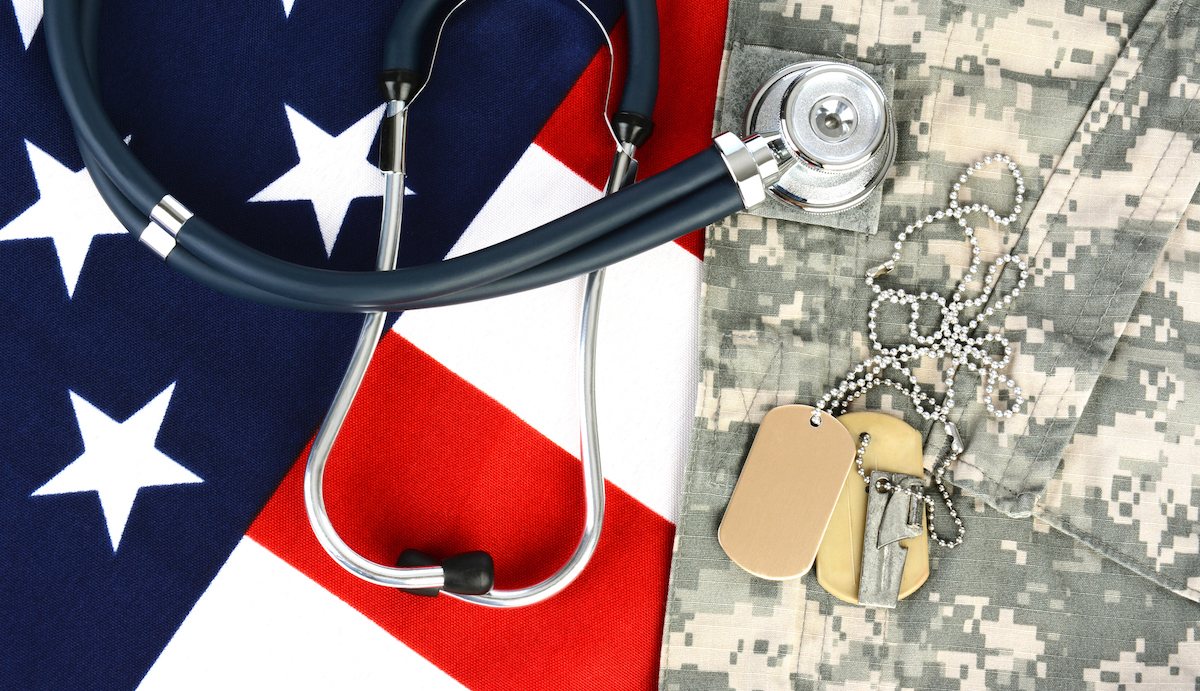<< Back
Study of Veterans Shows Steep Decline in Effectiveness of All 3 COVID-19 Vaccines

November 10, 2021
Pfizer-BioNTech has asked the Food and Drug Administration for an emergency use authorization allowing its COVID-19 booster shots for all adults, only days after a study of nearly 800,000 veterans found a dramatic drop in effectiveness in all three available vaccines.
Researchers who reviewed the veterans’ medical records found the vaccines were highly effective when the Delta variant arrived in the United States. By September, according to the study published last week in the journal Science, their effectiveness dropped precipitously.
Here are the results provided by researchers from the Public Health Institute in Oakland, the Veterans Affairs Medical Center in San Francisco and the University of Texas Health Science Center:
- Moderna: 89 percent effective in March, 58 percent effective in September.
- Pfizer-BioNTech: 87 percent effective in March, 45 percent effective in September.
- Johnson & Johnson: 86 percent effective in March, 13 percent effective in September.
As in previous studies, the vaccines retained their ability to reduce severe illness and death even as their effectiveness against infection waned.
Fully vaccinated veterans 65 years old and up with a breakthrough infection were less likely to die than unvaccinated veterans who became infected:
- Moderna: 76 percent less likely to die.
- Pfizer-BioNTech: 70 percent less likely to die.
- Johnson & Johnson: 52 percent less likely to die.
For veterans under 65, Pfizer-BioNTech (84 percent) and Moderna (82 percent) outperformed Johnson & Johnson (73 percent).
If you’re thinking about getting a booster for extra protection during holiday travel out of the country, you might want to rearrange your health priorities.
“I advise folks to get the booster just to prevent (COVID) and protect themselves rather than worrying about the travel,” says Dr. Ajay Kumar, Hartford HealthCare’s Chief Clinical Officer. “It’s most important to stay alive.”
The Centers for Disease Control and Prevention already recommends a booster for all recipients of the Johnson & Johnson vaccine at least two months after their initial dose. Boosters are also available people 65 and older six months after their second dose of the Pfizer-BioNTech or Moderna vaccines. Others eligible for a booster include people with certain medical conditions, residents of nursing homes or other group settings, healthcare workers and anyone else who lives or works in a high-risk setting.